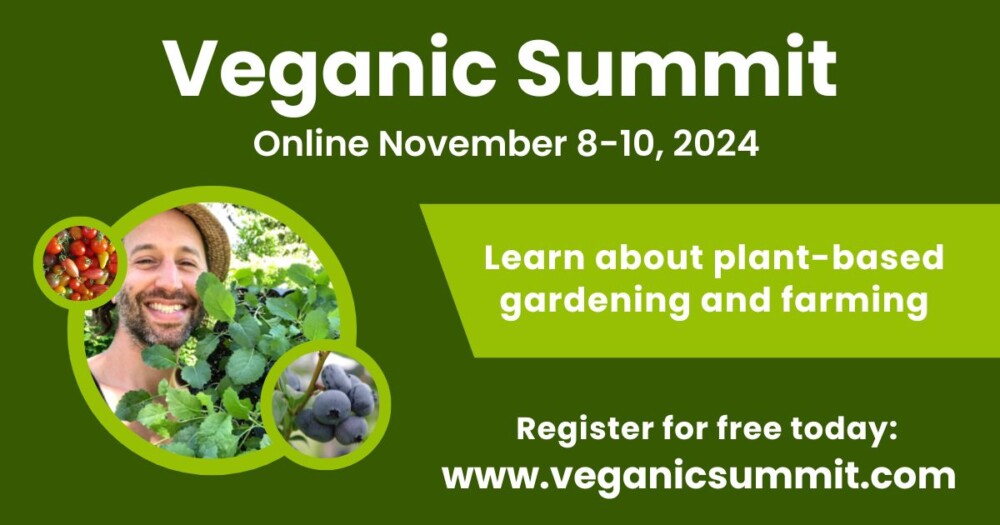
Quebec City, Canada – As climate change and the biodiversity crisis accelerate, and the demand for ethical food production grows, veganic farming and gardening offer a powerful solution for creating a sustainable, healthier, and compassionate food supply.
The second annual Veganic Summit, happening online from November 8-10, 2024 and free to attend, demonstrates viable paths forward for organic farming and gardening without the use of livestock or animal inputs.
“Switching to a plant-based diet is an important step in the shift away from animal agriculture”, says Meg Kelly, coordinator of the Veganic Summit, “though we also need to consider how plant foods are grown”. Both organic and conventional agriculture frequently use animal-based fertilizers to grow plant foods, including blood meal, bone meal, manure, feather meal, and fish emulsion.
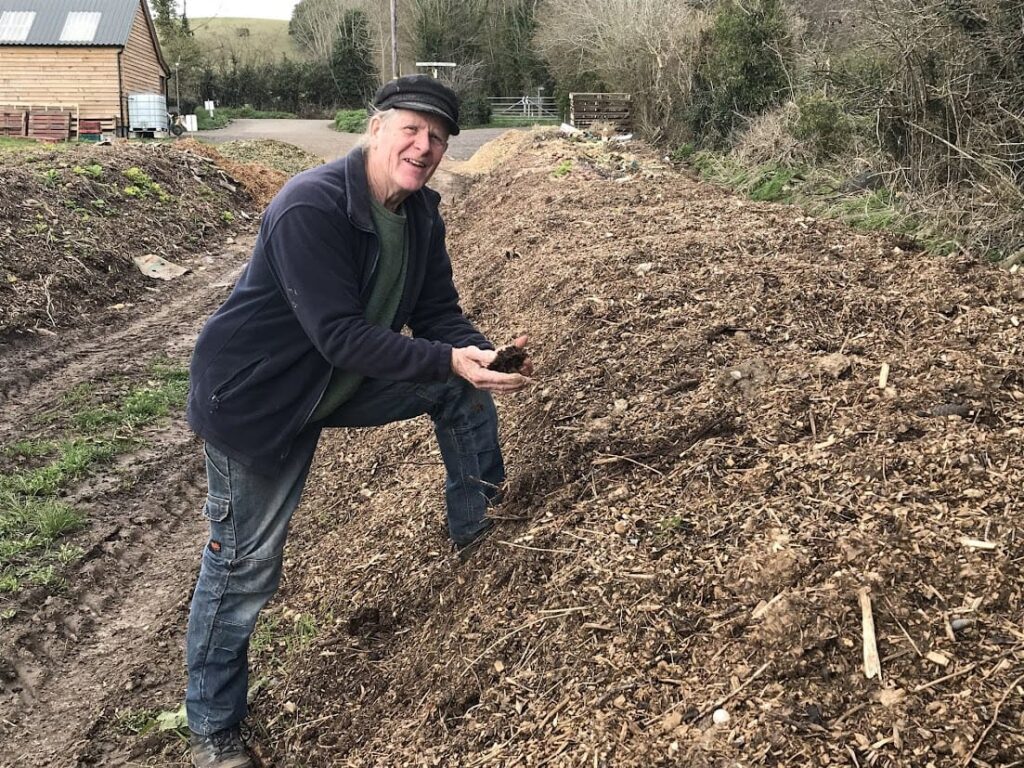
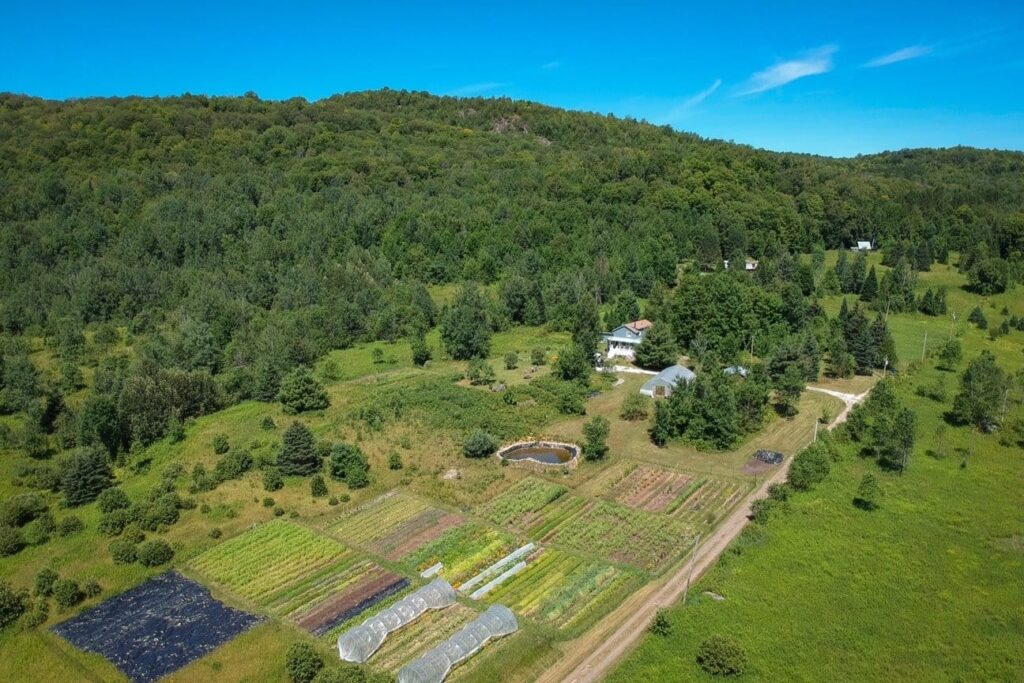
This can bring contaminants to the plant food supply, even within organic agriculture. As Dan Graham, director of the Vegan Organic Network explains, “In the United Kingdom for example, there’s a derogation in organic agriculture saying if farmers can’t source organic manure, they’re allowed to source manure from non-organic farms, a place where the animals have been eating food grown with pesticides and chemicals, where the animals have been given worming tablets and antibiotics. So when we buy our organic food, we don’t know how organic it is.”
Veganic agriculture, also known as “stockfree” or “vegan organic”, goes one step beyond organic agriculture by maintaining soil fertility using entirely plant-based techniques, such as cover crops, alfalfa, chipped branch wood, and homemade compost.
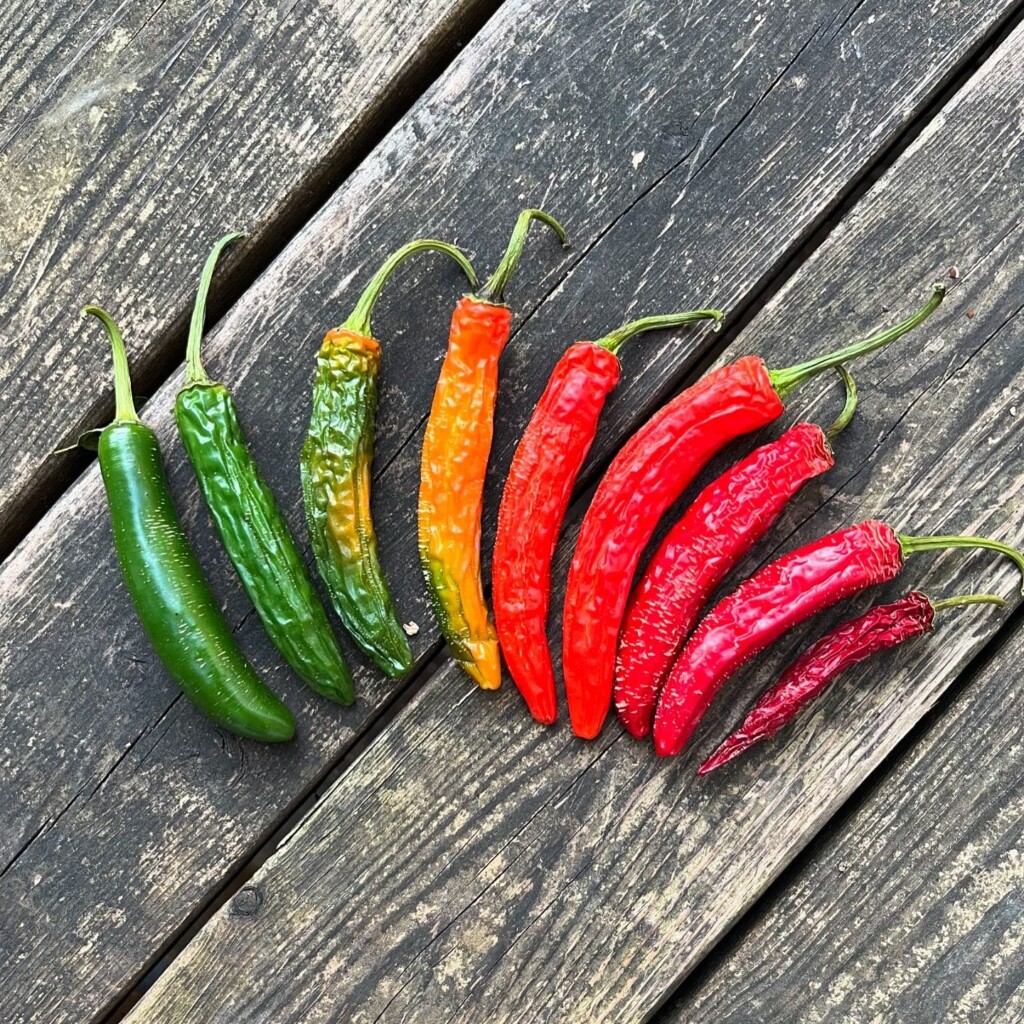
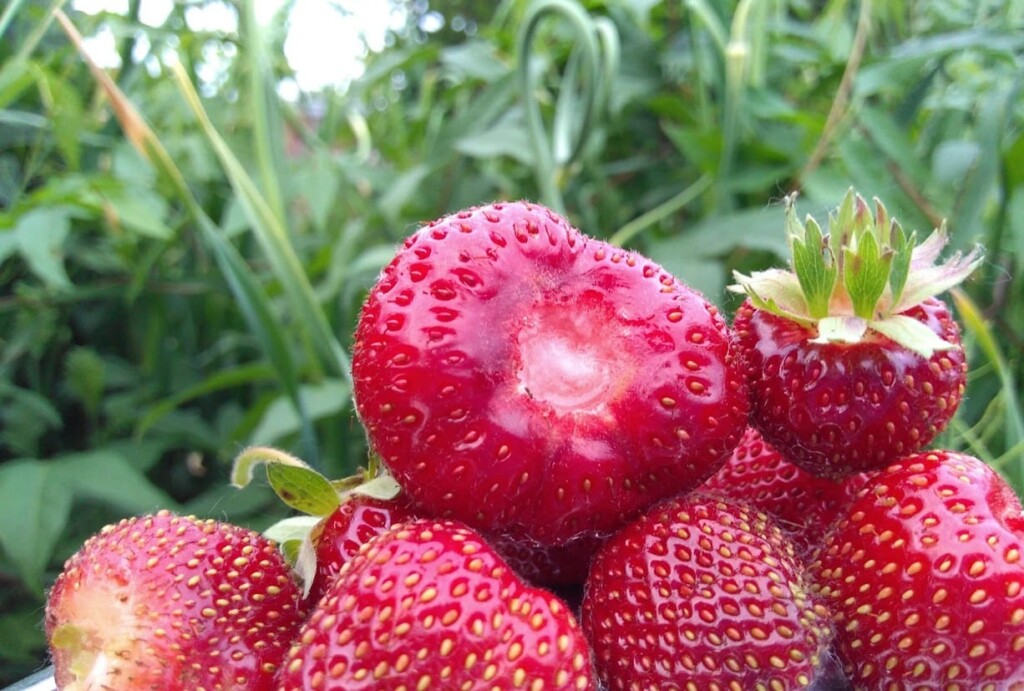
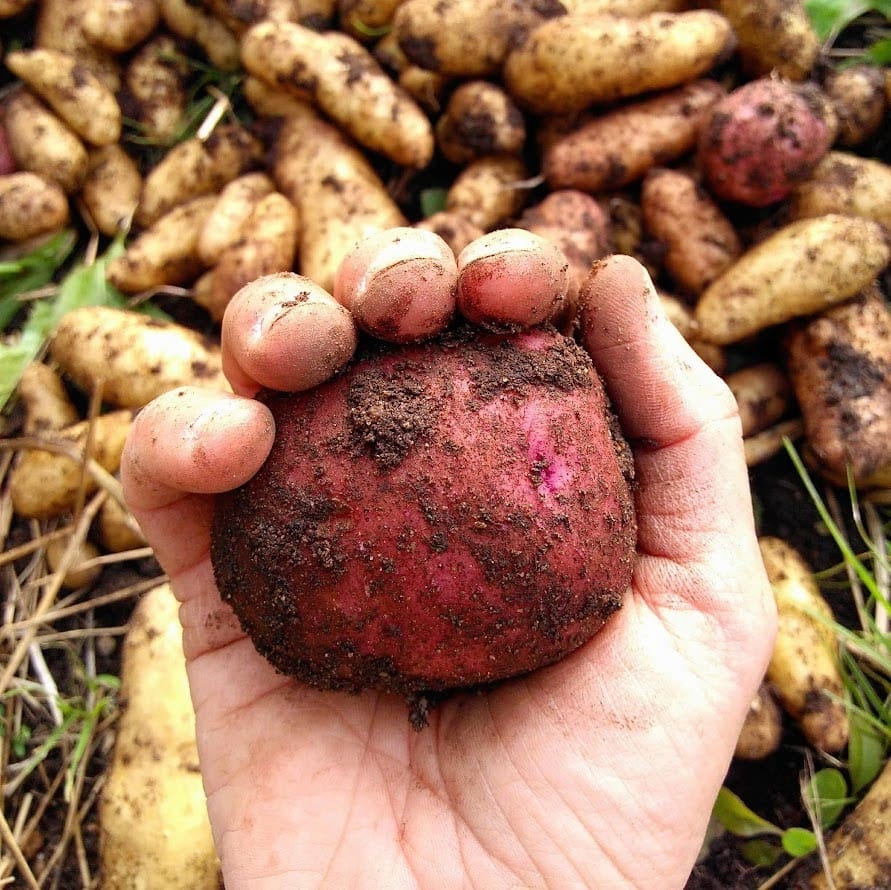
“Veganic growing has so many benefits,” says Meg Kelly. “It leads to a safer food supply by reducing contaminants like E. coli and salmonella. It breaks the link between plant food production and animal farming, meaning we can grow plant foods without any dependence on factory farms or slaughterhouses. And for farms and gardens that are self-sufficient and create their own fertilizers, it takes a smaller land footprint to grow veganically than to incorporate farmed animals.”
The upcoming Veganic Summit features numerous veganic farming and gardening experts, including Iain Tolhurst, a British farmer whose 8-hectare farm produces food in a manner shown to be 90% more efficient than the production of conventional supermarket produce, according to an energy audit performed as part of a BBC Climate Change special programme.
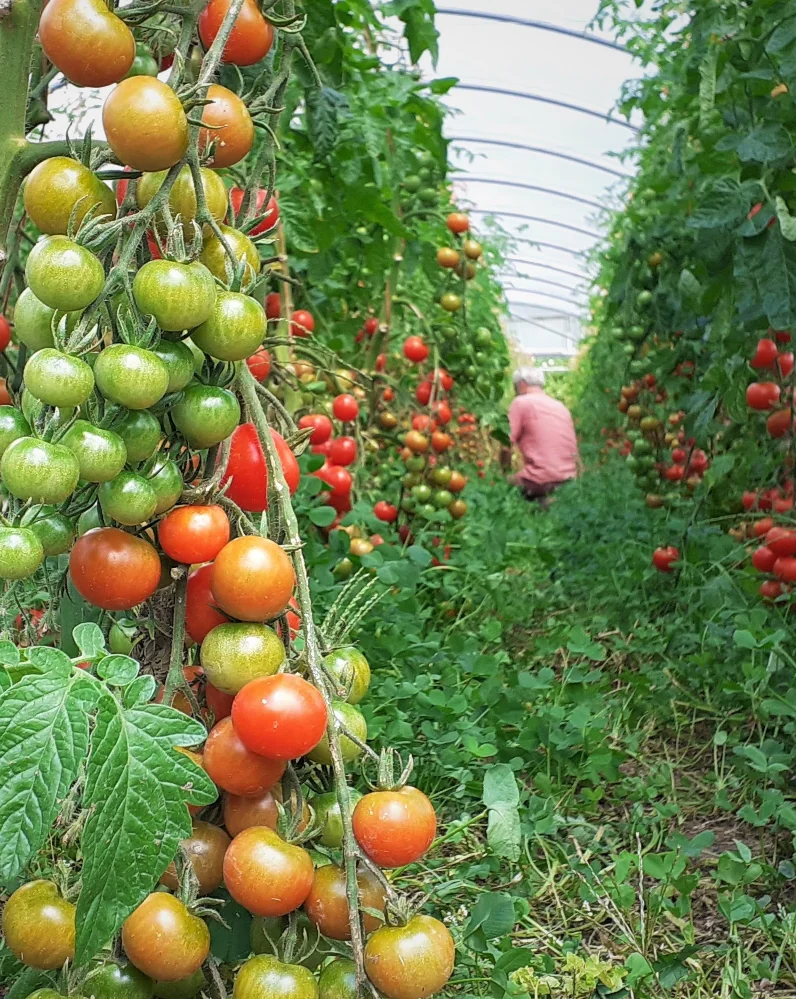
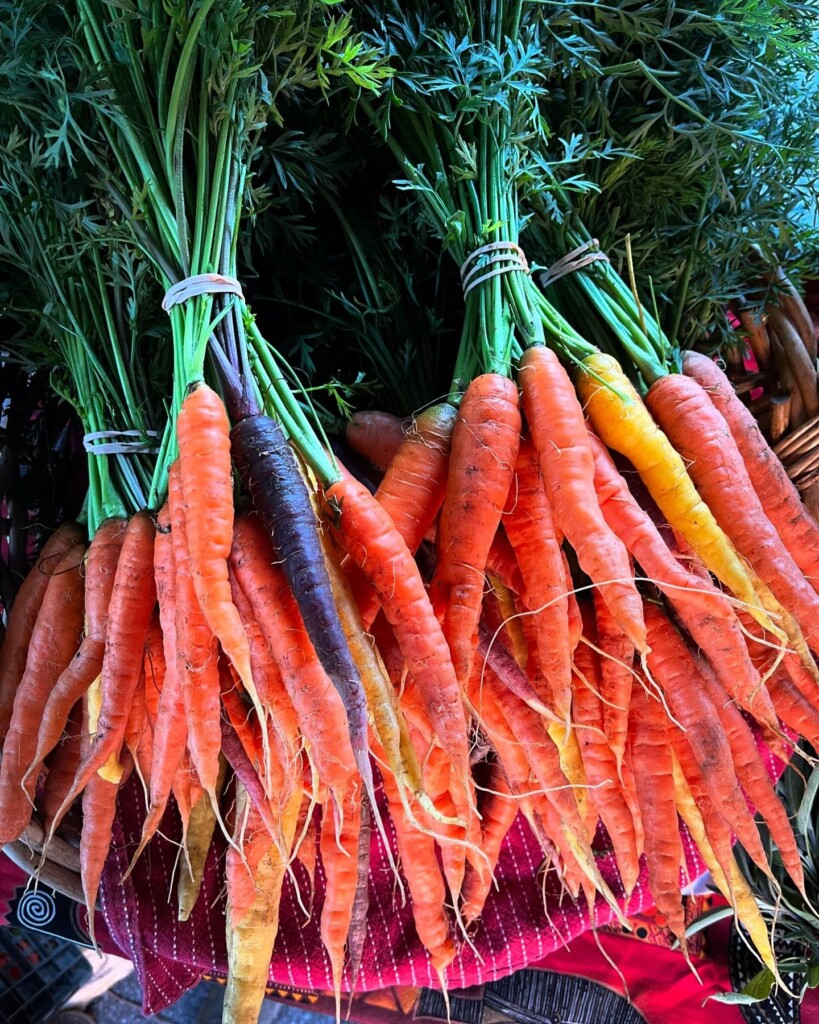
The Veganic Summit also features the Ferme du Château in Switzerland, which grows veganic legumes and grains, and makes veganic pasta directly on the farm. And Canadian farmer Jimmy Videle, author of The Veganic Grower’s Handbook, will discuss how veganic farmers and gardeners can be more resilient in the face of climate change. The Veganic Summit also includes talks aimed at gardeners and homesteaders, so that all attendees can begin to put veganic techniques into practice.
The summit aims to address the broader adoption of veganic agriculture. The Vegan Society will be speaking about policy advocacy for plant-based farming, and the Vegan Organic Network will share initiatives aimed at expanding the reach of veganic farming and gardening.
About the Veganic Summit
The Veganic Summit is organized by Meg Kelly and Stephane Groleau from the Veganic Agriculture Network and Learn Veganic (based in Canada). The Vegan Organic Network (UK) is a key collaborator for the Veganic Summit. Other collaborators include The Vegan Society (UK), Certified Veganic (Canada), and media partner VeggieVision TV (UK). The first Veganic Summit in 2023 had over 1,300 registrants and this year’s edition anticipates more than 2,000 registrants. It is the largest event worldwide focused on veganic farming and gardening.

